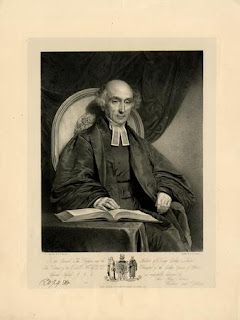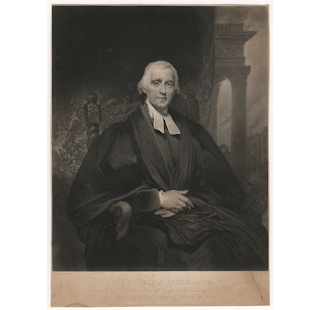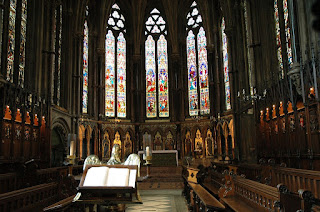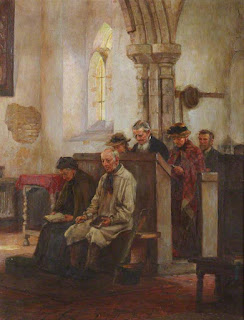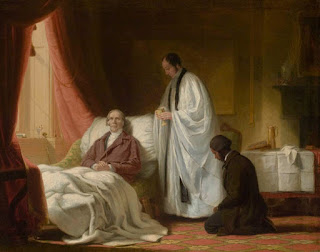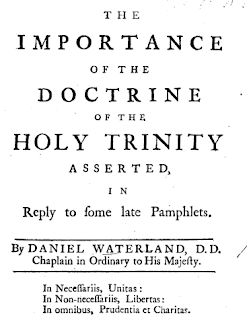The laudable practices of Old High Piety

The Crown, the royal days in the BCP, mistrust of “enthusiasm,” and large sleeves — TheAmishAngloCatholic (@AmishCatholic) June 6, 2022 It was, I think, said in jest in response to the query "The essence of classical high-church Anglicanism ...?". A description of the essence of the classical High Church tradition, of course, would need to be much more extensive, addressing the High Church conviction that the Church of England was both authentically Primitive and truly Reformed, maintaining apostolic succession in the episcopate, teaching baptismal regeneration and a true feeding on the Lord in the holy Eucharist, avoiding the errors of both Trent and Geneva. As a description of Old High piety , however, it works quite beautifully. What is more, despite what might initially be thought, it captures something of what can be the continued appeal of that piety. The Crown, the royal days in the BCP Fidelity to the Royal Supremacy, allegiance to the Crown, and observance of ...

